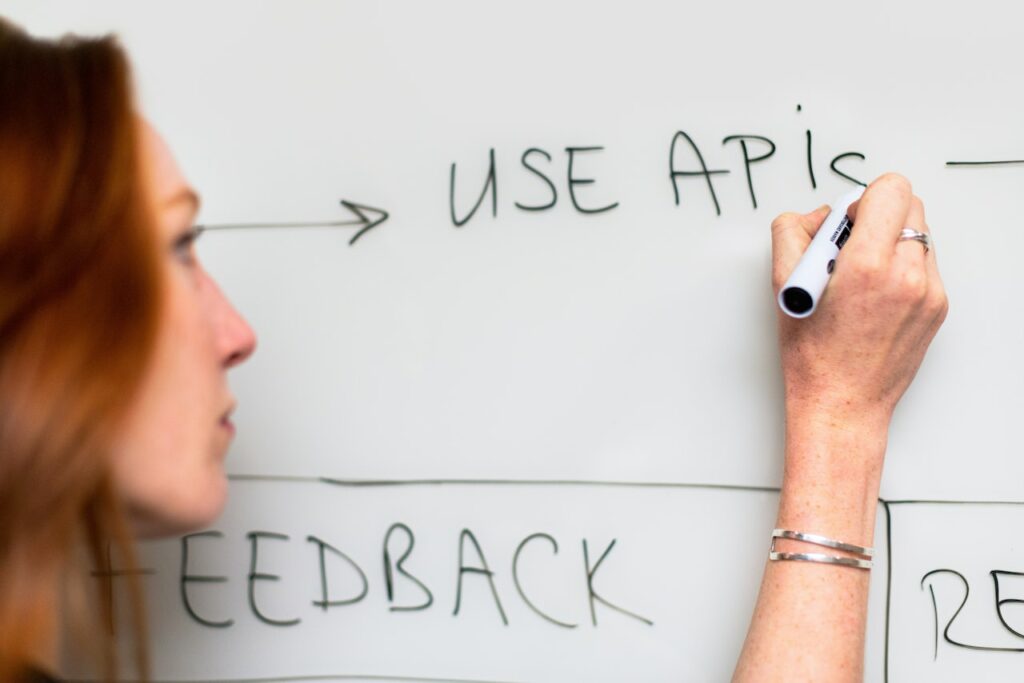
The New UK Charging Regulations in a Nutshell

A new era in consumer friendly charging experiences has began. The stringent Public Charge Point Regulations 2023 (PCPR) came into force on 24 November 2023 in the United Kingdom. But why are these regulations so important for the future, and what kind of companies need to comply with them?
The regulations will likely influence the charging business quite widely, since most companies providing charging services are in their scope. Any public charging network, including even the free ones, have to adhere to the requirements. The penalty is GBP 10.000 per non-compliant charge point.
However, not all kinds of networks are subject to the PCPR:
- Closed networks
- Specific professions (fire stations, etc.)
- Networks limited to specific car brands (like the Tesla Superchargers use to be)
- Some of the regulations don’t apply to companies with 10 employees or less, with an annual turnover of no more than £632,000 and a balance sheet total not exceeding £316,000
1. The PCPR Mandate for High Reliability
A standout feature is the reliability requirement. The reliability for a network of rapid charge points needs to be 99% on average, improving the user experience and trust in electric vehicle infrastructure. To complement this, an operator needs to provide a 24/7 helpline for customers who need assistance.
For the consumer, this brings substantial security. However, for some charge point operators, it will be challenging to develop their capabilities without sacrificing profitability. Prices will likely have to be increased. But let’s remember that this is for the good of the driver, and a happy driver is a loyal customer.
2. Transparency of Information
In addition to reliability, the pricing needs to be transparent and the location data available publicly. Also, the reliability statistics are to be provided to the Secretary of State each January, and they include the average reliability of the whole network, plus the total time per EVSE spent in each state.
Electrical Vehicle Supply Equipment (EVSE) refers to a connector used to charge 1 electric vehicle.
Last Mile Solutions
In addition, the report must list the number of support calls per type of problem, as well how long it took to resolve the problems. The report needs to itemise and explain the problems not resolved by the time of the report.
An operator needs to make Open data for the charge points available publicly, and for free starting on 24 November 2024. It needs to provide the location and type of the EVSEs, prices and payment methods, hours of operation, and reflect the real-time state of an EVSE within 30 seconds from when the state changes.
3. Roaming with One or More Partners
By November 2025, companies have to show that they are connected with roaming partners. Not all who want to connect with them, but roaming with at least with one partner seems to be required. An operator is to report added and discontinued roaming partnerships to the Secretary of State within 28 days.
The regulations suggest using the de-facto roaming protocol, Open Charge Point Interface (OCPI), but companies are free to choose which way they want to go. Should you choose OCPI, you’re in good company, since OCPI is the choice for many startups and established companies in Europe, Asia and Australia. It is also mandated for operators in the United States.
Roaming happens to be the part where we make a difference at SolidRoam. We have made it our business to make roaming more accessible to operators of all sizes. We can help you add OCPI capability to your existing platform through the use of our innovative Roaming Module. The Roaming Module complies with the PCPR open data requirements, and helps you compile the mandatory reports, taking a load off your shoulders.
If you’re interested in reading more about what’s coming, check out our blog about the capabilities of the next de-facto protocol version, OCPI 3.0.
4. Accessible Payments and Clear Pricing
Within the PCPR requirements, the Secretary of State has also determined that the charging service providers must price their service per kWh. This is a topic Germany and Finland have struggled with, since both countries require an external power meter to be visible to the user. Selling charging by the minute is the only practical alternative, but then one can never be sure how much the electricity really costs.
Following the EU example, after 24 November 2024 UK will also require contactless payment terminals for existing chargers with a 50 kW or higher power output, as well as new charge points with an 8 kW or higher power output. Naturally, to optimise cost, a number of charge points can share a single payment terminal.
5. What Do The PCPR Regulations NOT say?
You may think that the contactless payment terminals devoid the roaming requirements, and deter your existing contract customers. Although the regulations state that you must provide a payment terminal and you must not require a pre-existing contract from the customer, they don’t say that you cannot form a customer relationship through making a service contract. Surely, an operator can continue to attract customers by bundling services, running campaigns and cross selling other products and services.
6. Conclusion
We are looking at a future which will change the way consumers perceive electric vehicles. Gone will be the days of hesitation when you ask: “Will your next car be 100% electric?” The charging network is no longer an excuse to postpone a purchase. What the increasing number of EVs means to a charge point operator is a stronger customer base, which in turn will compensate for added cost.
I’ll take a brief look into what the regulations mean for the charge point operator and the e-mobility service provider.
- Charge points need to provide a solid, reliable service for the consumer. (CPO)
- The service quality is a part of the report to officials, as well as changes in roaming partnerships. (CPO)
- Consumer needs to understand the pricing easily and get information about the locations and state of each charge point. (MSP)
- An operator needs to provide a helpline, which is available any time for resolving problems related to charging. (MSP & CPO)
Interested to read about this in more detail? Check out the UK Government site.



